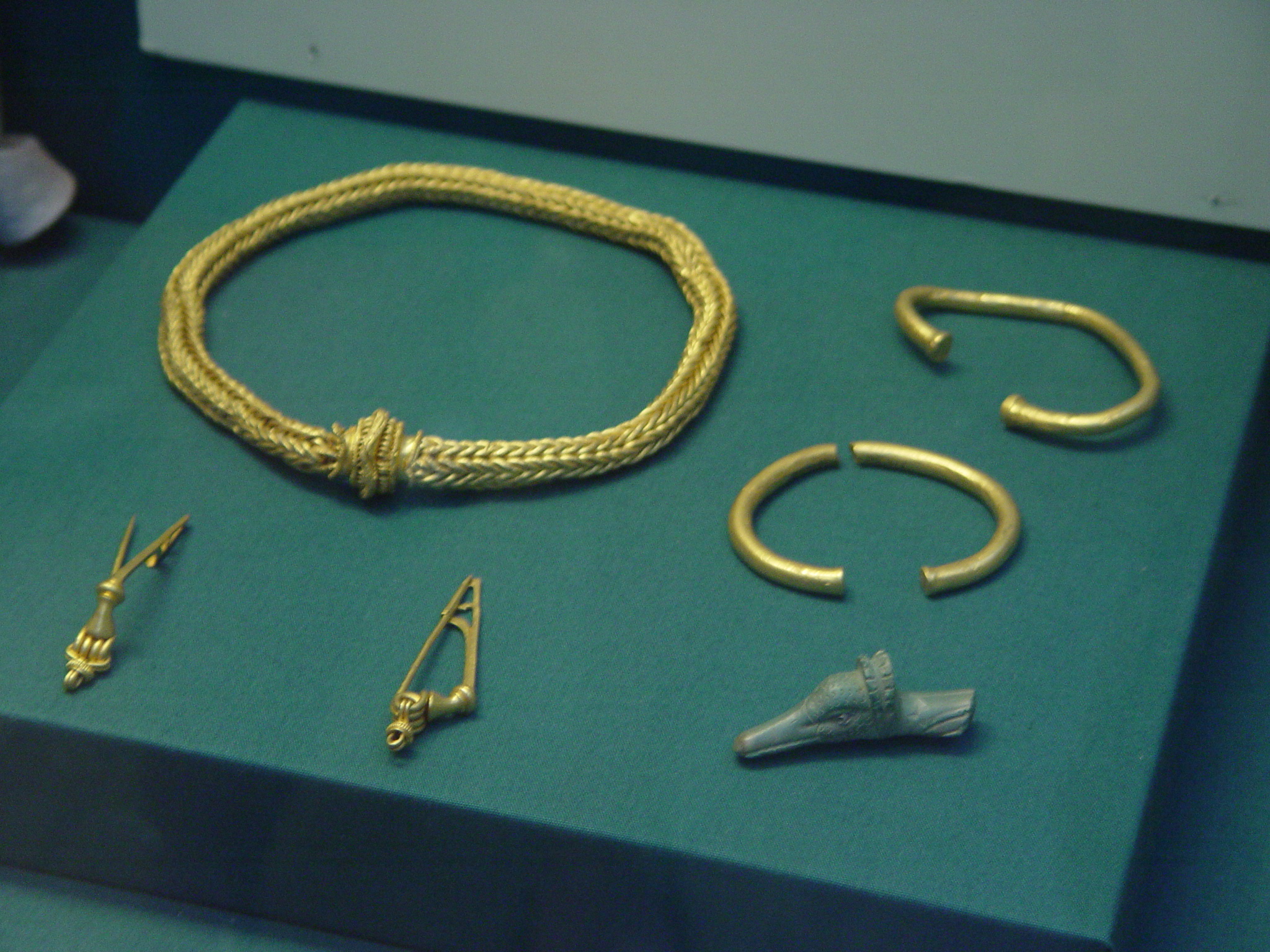|
Atrebates
The Atrebates (Gaulish: *''Atrebatis'', 'dwellers, land-owners, possessors of the soil') were a Belgic tribe of the Iron Age and the Roman period, originally dwelling in the Artois region. After the tribes of Gallia Belgica were defeated by Caesar in 57 BC, 4,000 Atrebates participated in the Battle of Alesia in 53, led by their chief Commius. They revolted again in 51 BC, after which they maintained a friendly relationship with Rome, as Commius received sovereignty over the neighbouring Morini. The quality of their woollens is still mentioned in 301 AD by Diocletian's Price Edict. An offshoot of the Belgic tribe probably entered Britain before 54 BC, where it was successively ruled by kings Commius, Tincommius, Eppillus and Verica. After 43 AD, only parts of the area were still controlled by king Claudius Cogidubnus, after which they fell under Roman power. Name They are mentioned as ''Atrebates'' by Caesar (mid-1st c. BC) and Pliny (1st c. AD), ''Atreb├Ītioi'' (ß╝łŽäŽü╬ ... [...More Info...] [...Related Items...] OR: [Wikipedia] [Google] [Baidu] |
Commius
Commius (Commios, Comius, Comnios) was a king of the Belgic nation of the Atrebates, initially in Gaul, then in Britain, in the 1st century BC. Ally of Caesar When Julius Caesar conquered the Atrebates in Gaul in 57 BC, as recounted in his ''Commentarii de Bello Gallico'', he appointed Commius as king of the tribe. Before Caesar's first expedition to Britain in 55 BC, Commius was sent as Caesar's envoy to persuade the Britons not to resist him, as Caesar believed he would have influence on the island. However he was arrested as soon as he arrived. When the Britons failed to prevent Caesar from landing, Commius was handed over as part of the negotiations. Commius was able to provide a small detachment of cavalry from his tribe to help Caesar defeat further British attacks. During Caesar's second expedition to Britain Commius negotiated the surrender of the British leader Cassivellaunus. He remained Caesar's loyal client through the Gaulish revolts of 54 BC, and in return Caesar ... [...More Info...] [...Related Items...] OR: [Wikipedia] [Google] [Baidu] |
